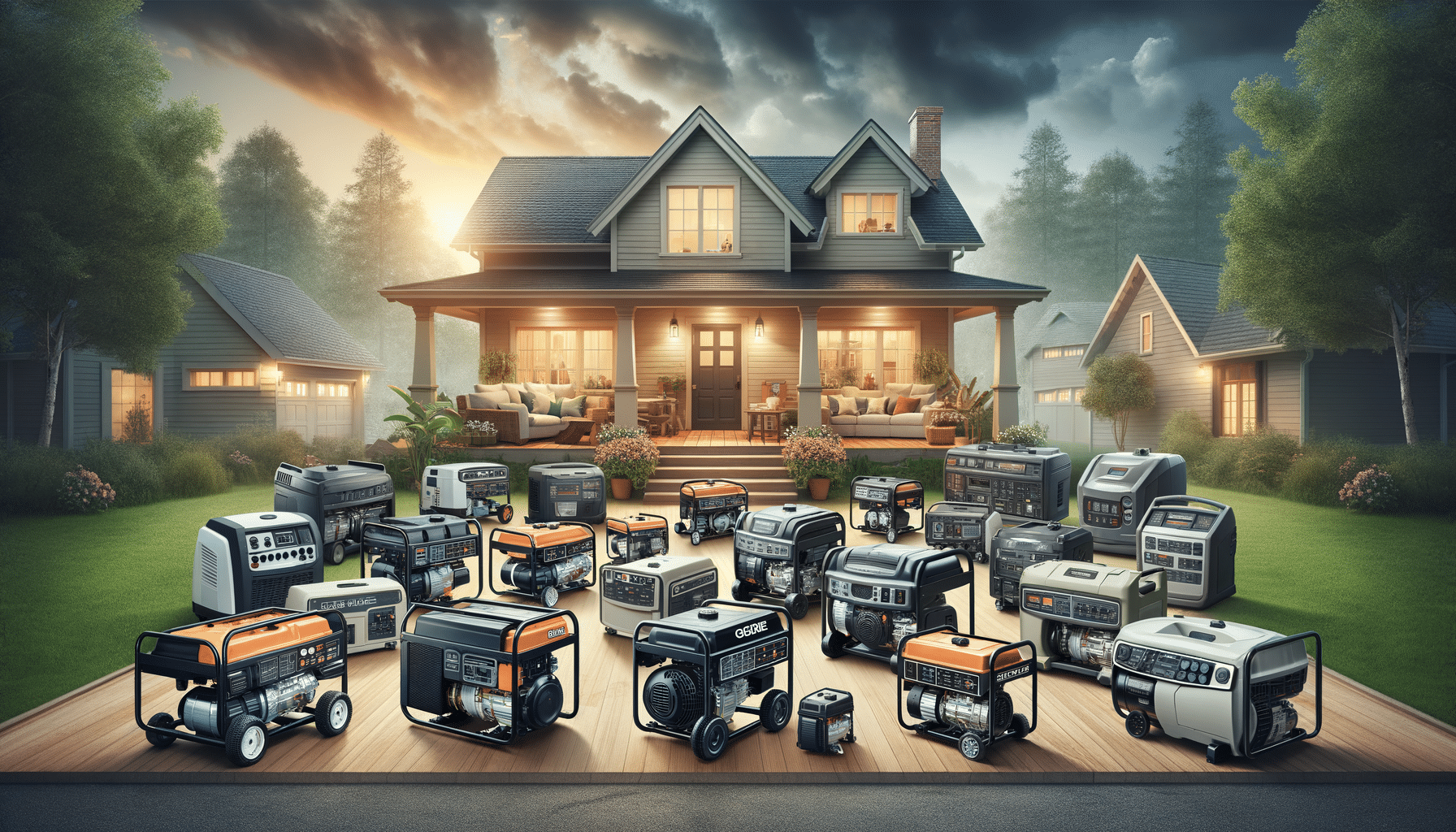
How to Choose a Generator for Your Home
The Importance of Home Generators
In today’s world, where power outages can disrupt daily life, having a reliable home generator is more than just a convenience—it’s a necessity. Home generators provide a backup power source during unforeseen circumstances, ensuring that essential appliances and systems remain operational. Whether it’s keeping the lights on, preserving food in your refrigerator, or maintaining a comfortable indoor climate, a generator can be a lifesaver. Understanding the different types of generators and their features can help homeowners make informed decisions that align with their specific needs and budget.
Types of Home Generators
Home generators come in various types, each designed to meet different needs. The most common types include portable generators, standby generators, and inverter generators. Portable generators are versatile and can be moved to different locations, making them ideal for temporary power needs. They are typically fueled by gasoline and are an excellent choice for short-term power outages. Standby generators, on the other hand, are permanently installed and automatically provide power during an outage. They run on natural gas or propane and are suitable for homeowners looking for a seamless power backup solution. Inverter generators are known for their quiet operation and fuel efficiency, making them a popular choice for camping or outdoor events.
Factors to Consider When Choosing a Generator
When selecting a home generator, several factors should be considered to ensure it meets your needs. Power output is a crucial factor, as it determines the number of appliances and systems the generator can support. It’s essential to calculate your home’s power requirements and choose a generator with adequate wattage. Fuel type is another consideration, with options including gasoline, propane, and natural gas. Each fuel type has its pros and cons, affecting the generator’s cost, maintenance, and environmental impact. Additionally, consider the generator’s noise level, especially if you live in a noise-sensitive area, and its portability if you plan to use it in multiple locations.
Installation and Maintenance
Proper installation and maintenance are critical to the performance and longevity of your home generator. For standby generators, professional installation is recommended to ensure compliance with local regulations and safety standards. Regular maintenance, including oil changes, filter replacements, and battery checks, is essential to keep the generator in optimal condition. Many manufacturers offer maintenance packages that can be tailored to your generator’s specific needs. It’s also important to test the generator periodically to ensure it’s ready to operate when needed.
Cost Considerations and Budgeting
The cost of a home generator can vary widely based on its type, power output, and additional features. Portable generators are generally more affordable, with prices ranging from a few hundred to a few thousand dollars. Standby generators, while more expensive, offer greater convenience and reliability, with costs typically starting in the low thousands. Budgeting for a generator should include not only the purchase price but also installation costs and ongoing maintenance expenses. It’s wise to research different models and brands, compare prices, and read customer reviews to find a generator that offers the best value for your investment.


